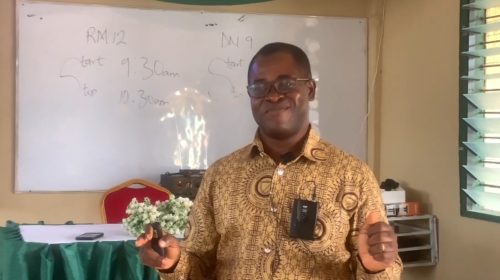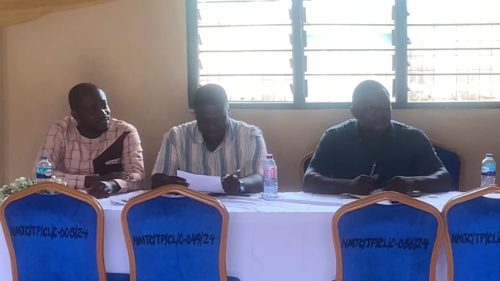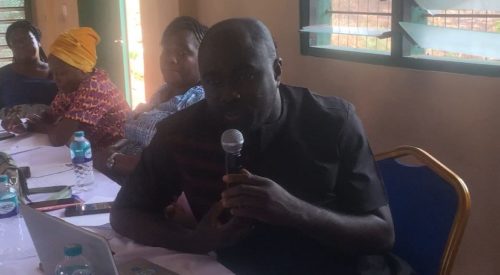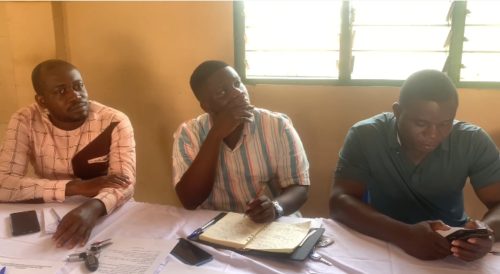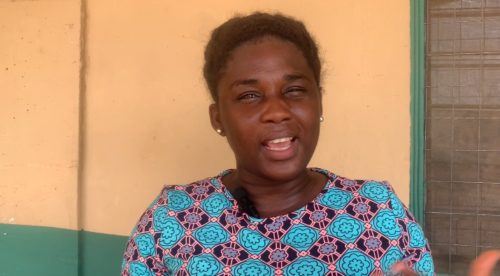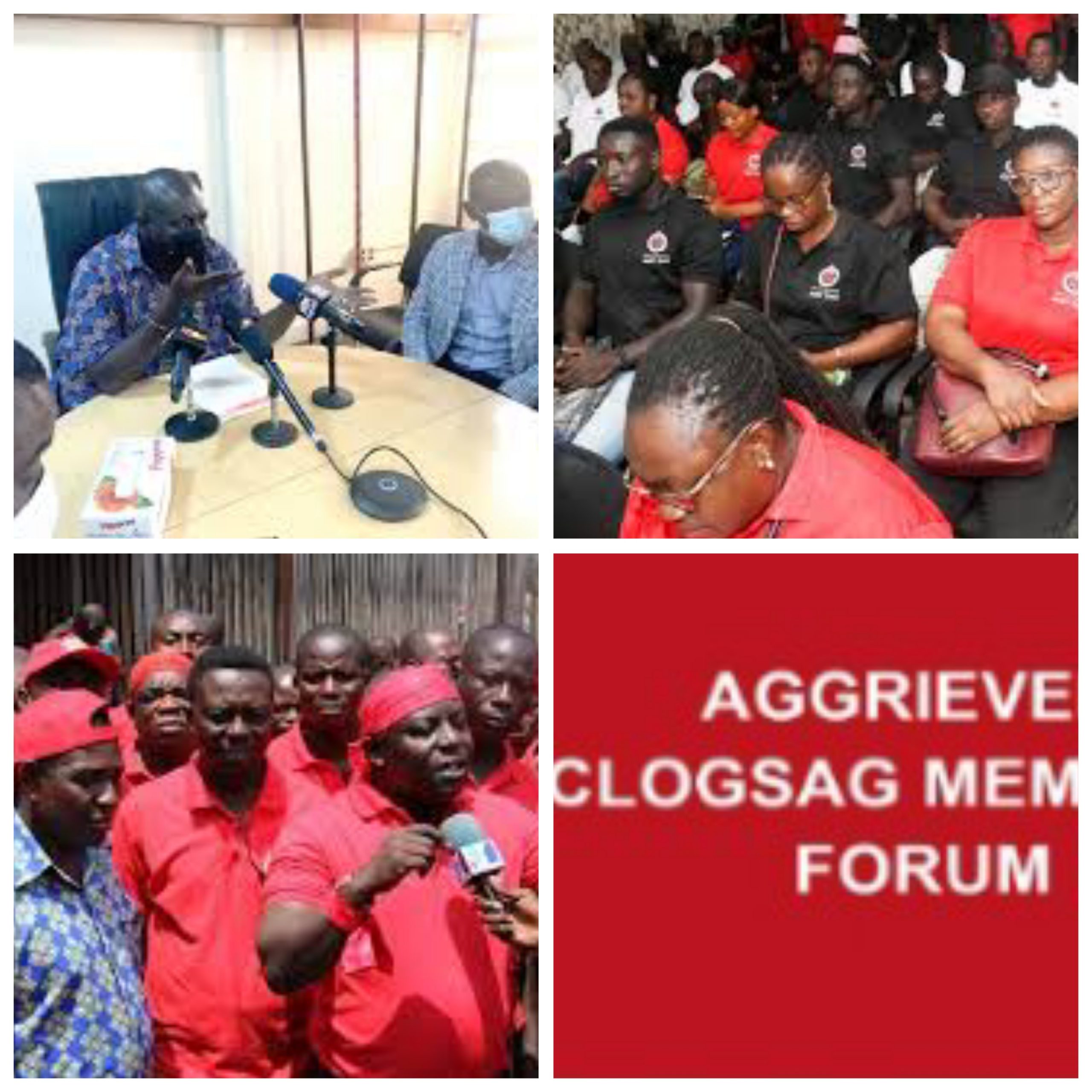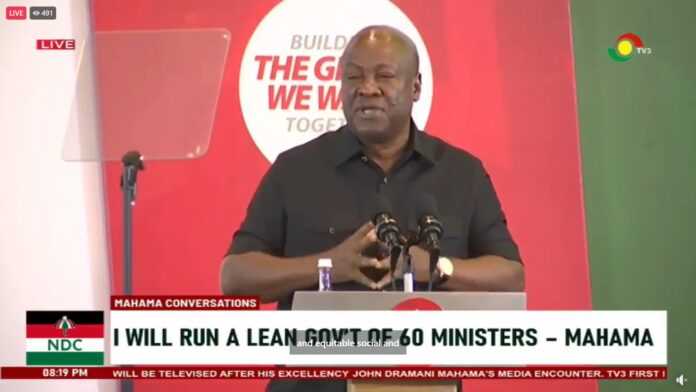Tepa NMTC Trains Tutors on Modern Teaching and Learning Strategies
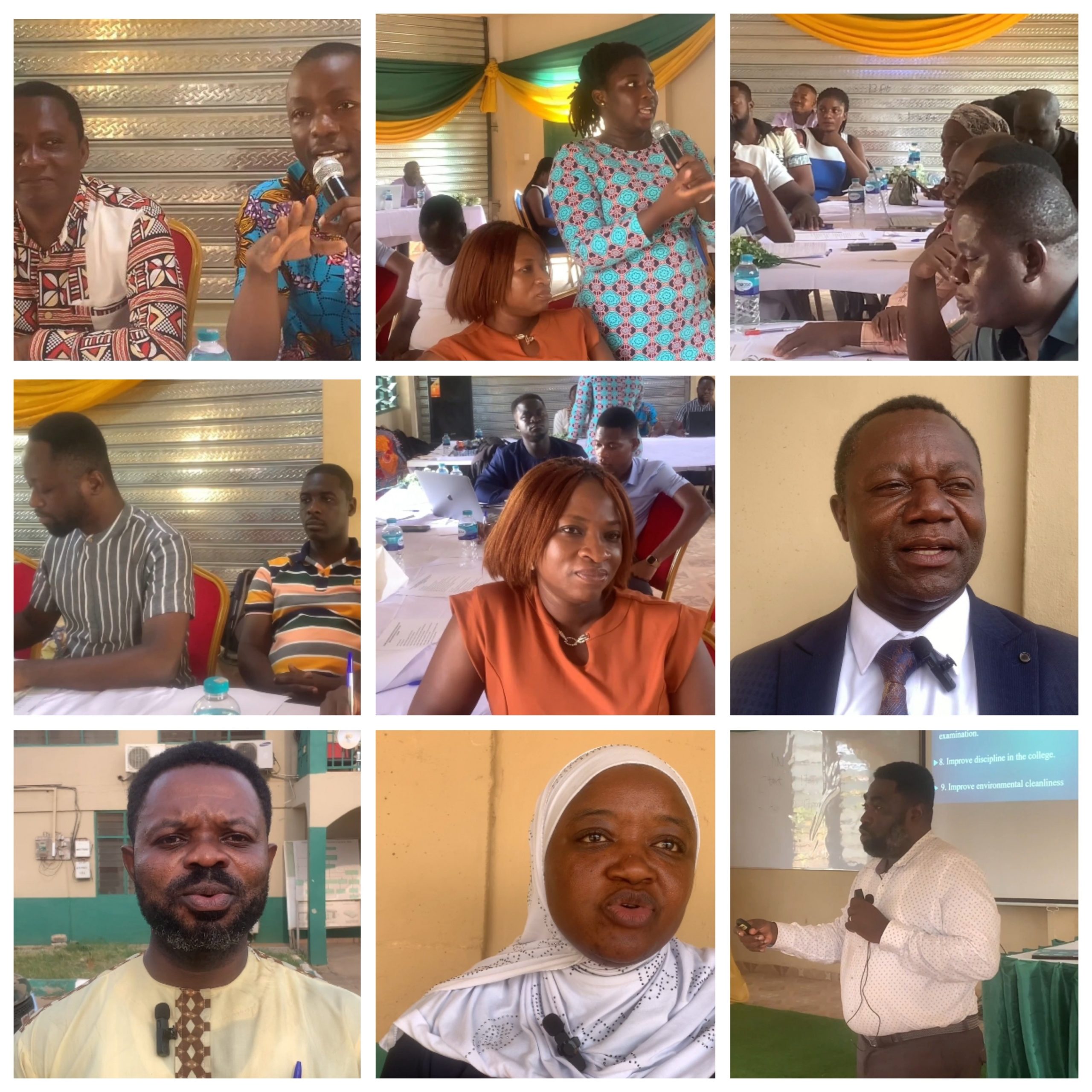
The Nursing and Midwifery Training College (NMTC), Tepa, has organized a two-day capacity-building workshop to enhance the teaching methodologies and professional development of its tutors. The training focused on equipping academic staff with innovative teaching techniques, digital learning integration, and effective educational policies.
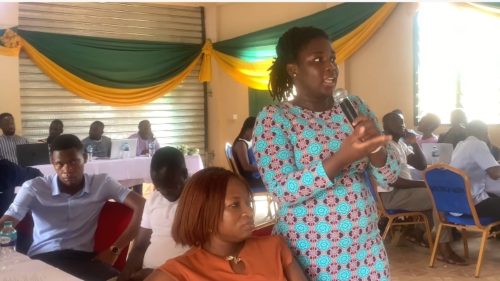
The workshop brought together tutors, administrative staff, and key stakeholders to discuss best practices in modern education. Topics covered included 21st-century teaching skills, examination policies, IT-based assessments, staff development opportunities, and institutional planning.
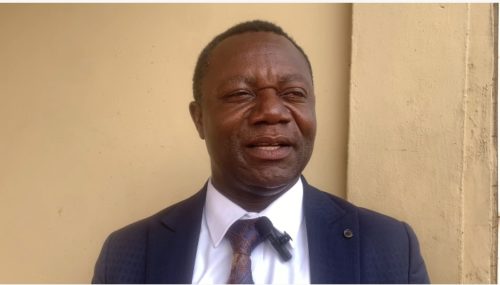
Opening the workshop, Principal of the Tepa Nursing and Midwifery Training College,Dr Albert Opoku emphasized the need for tutors to integrate 21st-century skills into the curriculum to prepare students for the rapidly evolving healthcare sector. He outlined four critical competencies:
- Critical Thinking & Problem-Solving: Encouraging students to analyze and solve real-world healthcare challenges.
- Communication & Collaboration: Strengthening teamwork and professional interaction among healthcare professionals.
- Digital Literacy: Familiarizing students with essential technological tools, such as electronic health records and telemedicine.
- Adaptability & Lifelong Learning: Instilling a continuous learning mindset to keep up with medical advancements.
He urged tutors to adapt their teaching strategies to ensure graduates are well-equipped for the modern healthcare industry.
Focusing on student engagement and knowledge retention, Dr Atta Poku Collins lecture from Knust introduced innovative teaching methodologies, including:
✔ Student-Centered Learning: Encouraging interactive, student-driven discussions.
✔ Blended Learning: Integrating digital resources with traditional teaching methods.
✔ Problem-Based Learning (PBL): Using real-life case studies to build critical thinking skills.
✔ Collaborative Learning: Promoting group discussions, peer assessments, and teamwork.
✔ Technology-Enhanced Learning: Leveraging digital tools such as virtual simulations and online assessments.
He urged tutors to embrace these strategies to create a more engaging and practical learning environment.
Addressing the professional development of tutors, Mr. Ofori Mankata highlighted various opportunities, including:
- Available Master’s and Ph.D. programs for nursing and midwifery tutors.
- Scholarship and grant opportunities for further studies.
- Application processes for local and international universities.
- Balancing work and studies through effective time management strategies.
He encouraged tutors to pursue higher education and take advantage of funding opportunities to enhance their expertise.
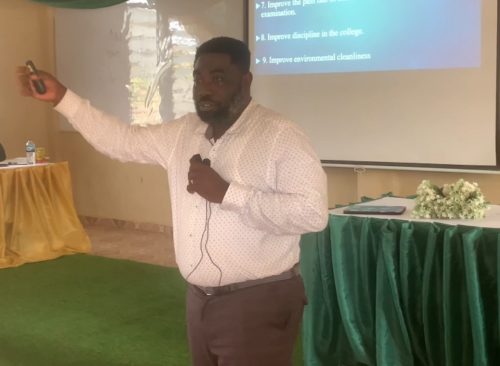
Rev. Williamson Bonaventure Eshun also focused NMTC Tepa’s 2025 Action Plan was also discussed, outlining key areas for improvement:
- Academic Excellence: Strengthening curricula, practical training, and new course offerings.
- Infrastructure Development: Expanding classrooms, laboratories, and student accommodations.
- Staff Development: Encouraging tutors to pursue higher education and professional training.
- Digital Learning Expansion: Upgrading e-learning platforms for remote and blended learning.
- Student Welfare: Improving counseling services, mentorship programs, and scholarship support.
Rev. Eshun assured stakeholders of NMTC Tepa’s commitment to continuous improvement in healthcare education.
Focusing on examination policies and academic integrity, Mr. Jones Afriyie Anto addressed:
- Examination Malpractices: Preventive measures to maintain credibility.
- Student Rights & Responsibilities: Legal guidelines for grading and assessment appeals.
- Institutional Examination Policies: Best practices for securing and administering exams.
- Consequences of Non-Compliance: Disciplinary actions for exam-related misconduct.
He emphasized the importance of strict examination regulations to uphold academic standards.
With a focus on digital transformation in education, Mr. Thomas A. Asafo Agyei introduced:
- Online Examination Platforms: Secure digital assessment tools.
- Automated Grading Systems: AI-driven tools for efficient grading.
- Student Performance Analytics: Using data to track and improve learning outcomes.
- Digital Feedback Systems: Providing timely and personalized feedback.
He encouraged tutors to adopt digital assessment tools to improve efficiency and accuracy.
Participants expressed their excitement about the practical knowledge gained.
✔ “I now understand how to make my lectures more engaging using student-centered learning and technology,” one tutor remarked.
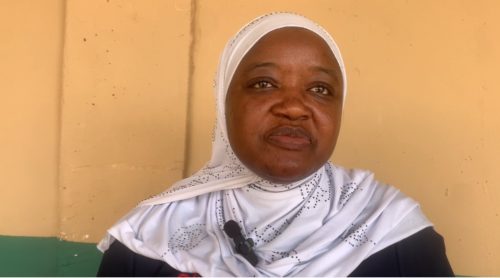
✔ “The session on scholarships and grants has motivated me to pursue my Master’s degree,” another participant shared.
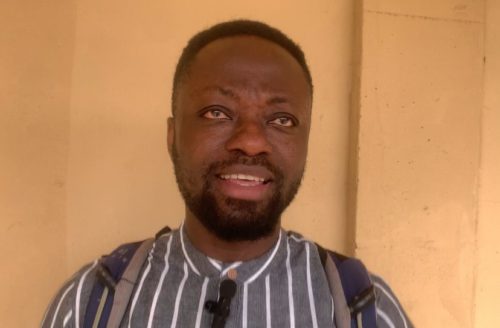
✔ “Learning about examination policies has reinforced my commitment to upholding academic integrity,” said a tutor.
Conclusion
The capacity-building workshop at NMTC Tepa was a crucial step in enhancing academic excellence in nursing and midwifery education. In his closing remarks, Principal Albert Opoku commended tutors for their dedication to professional growth.
He urged them to:
Apply modern teaching techniques.
Leverage technology for assessments.
Support student development and mentorship.
By embracing these innovative strategies, NMTC Tepa is set to remain a leader in healthcare education in Ghana.
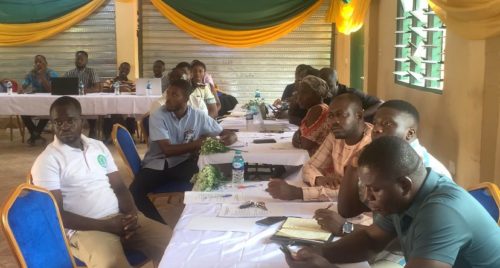
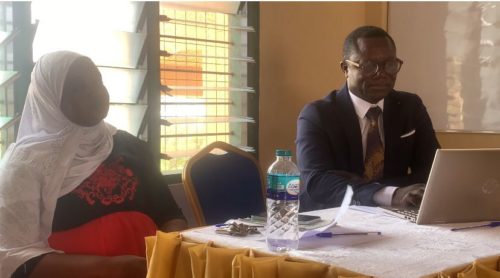

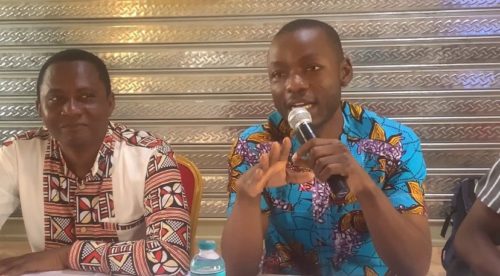
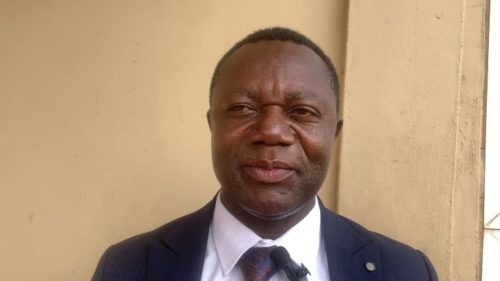
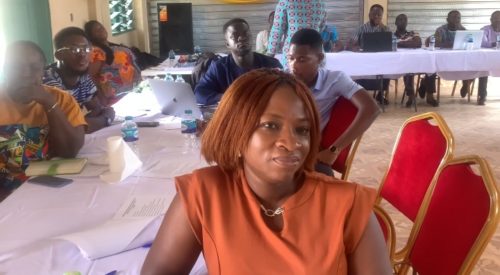
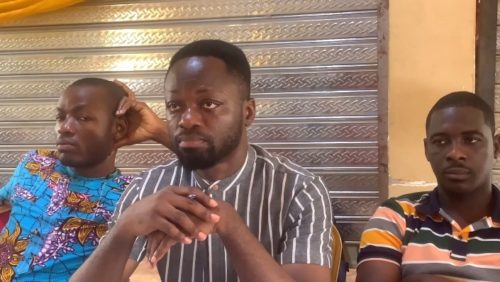
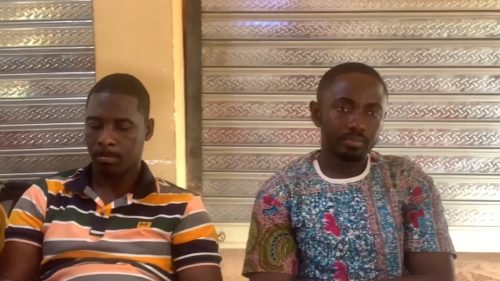
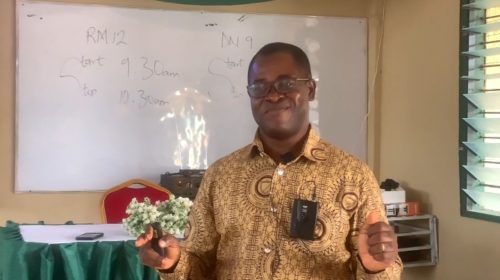
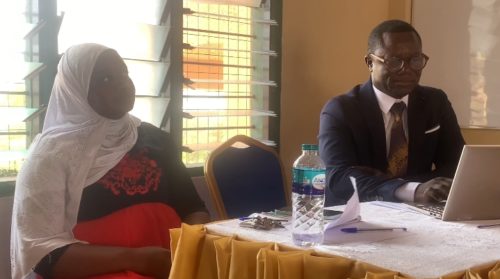

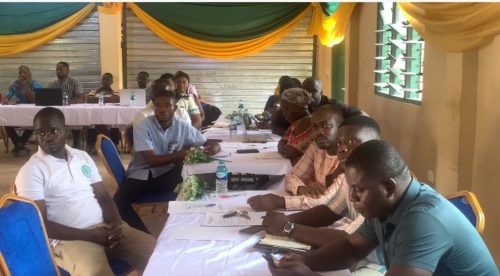
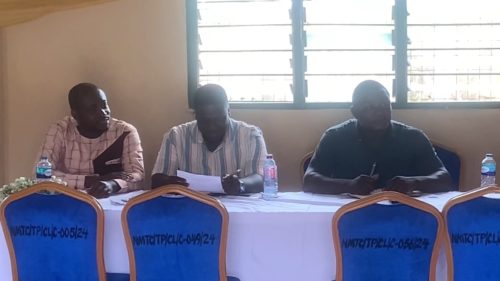
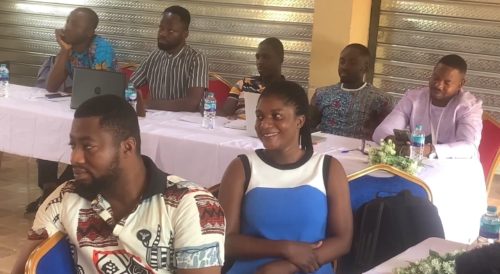
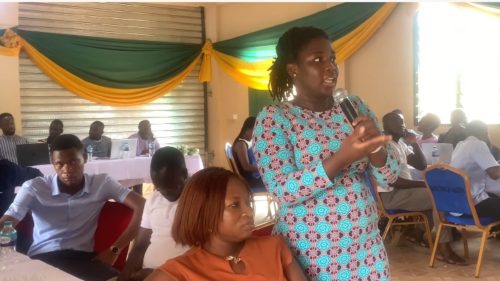

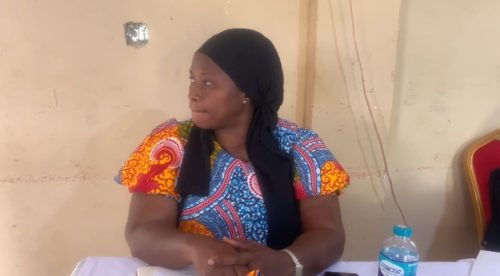
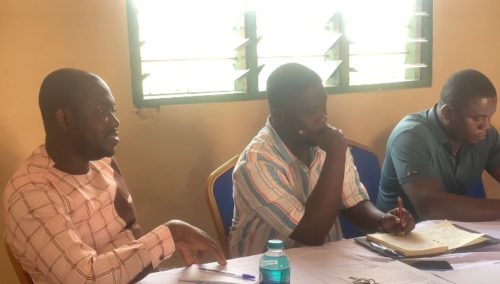
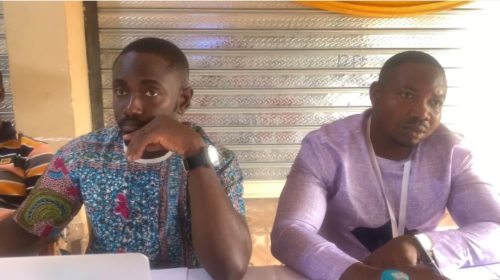
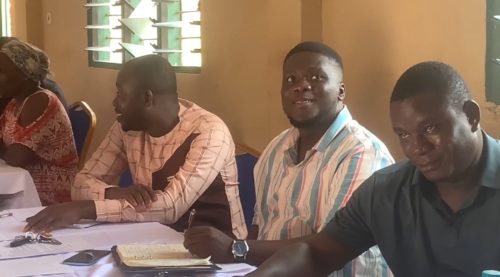
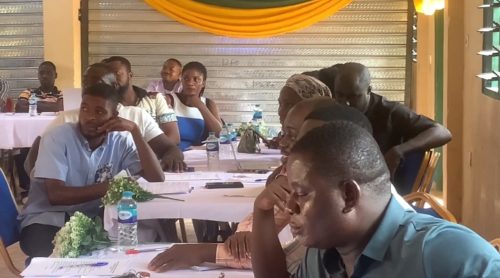
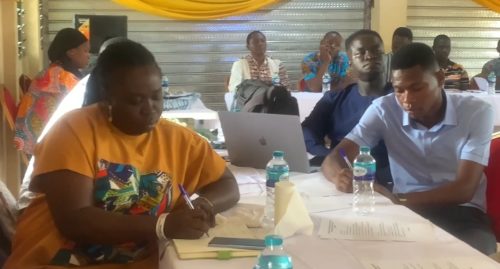
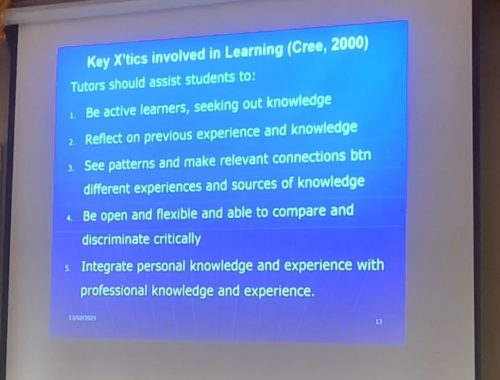
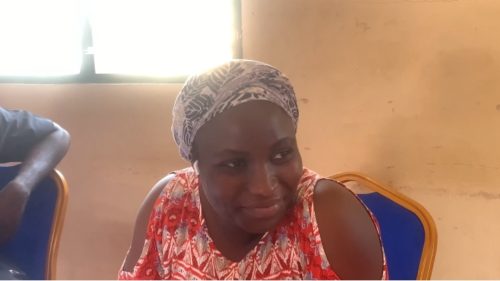
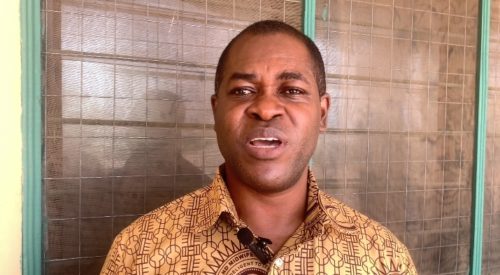
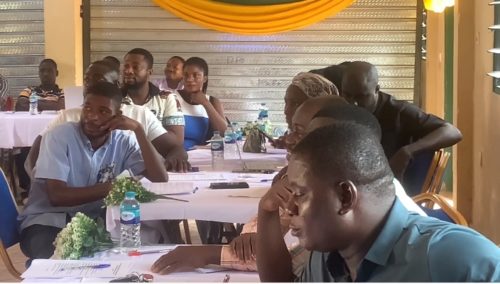
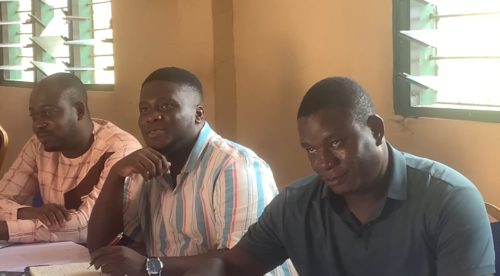

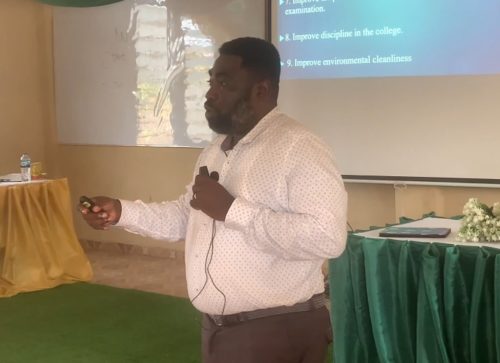


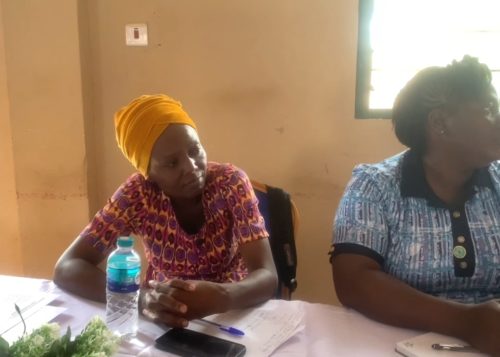
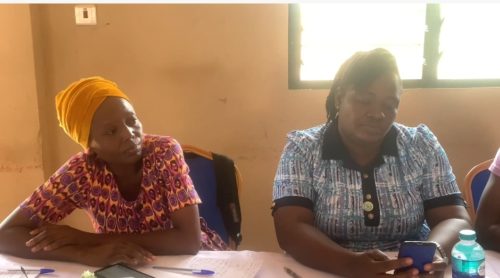
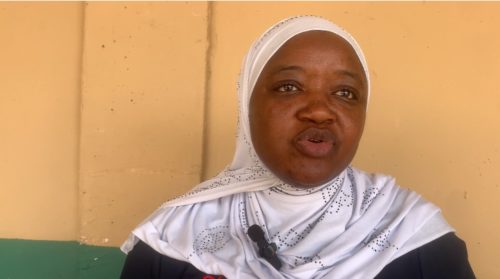
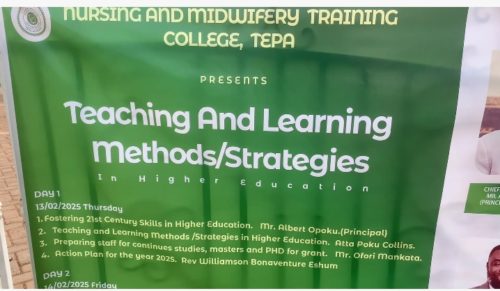
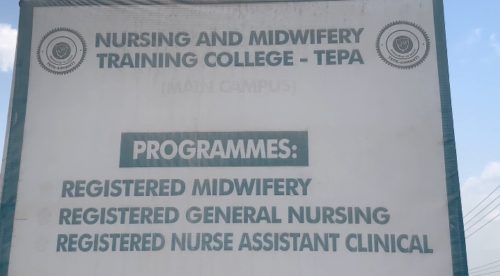
By Simon Opoku Afriyie

